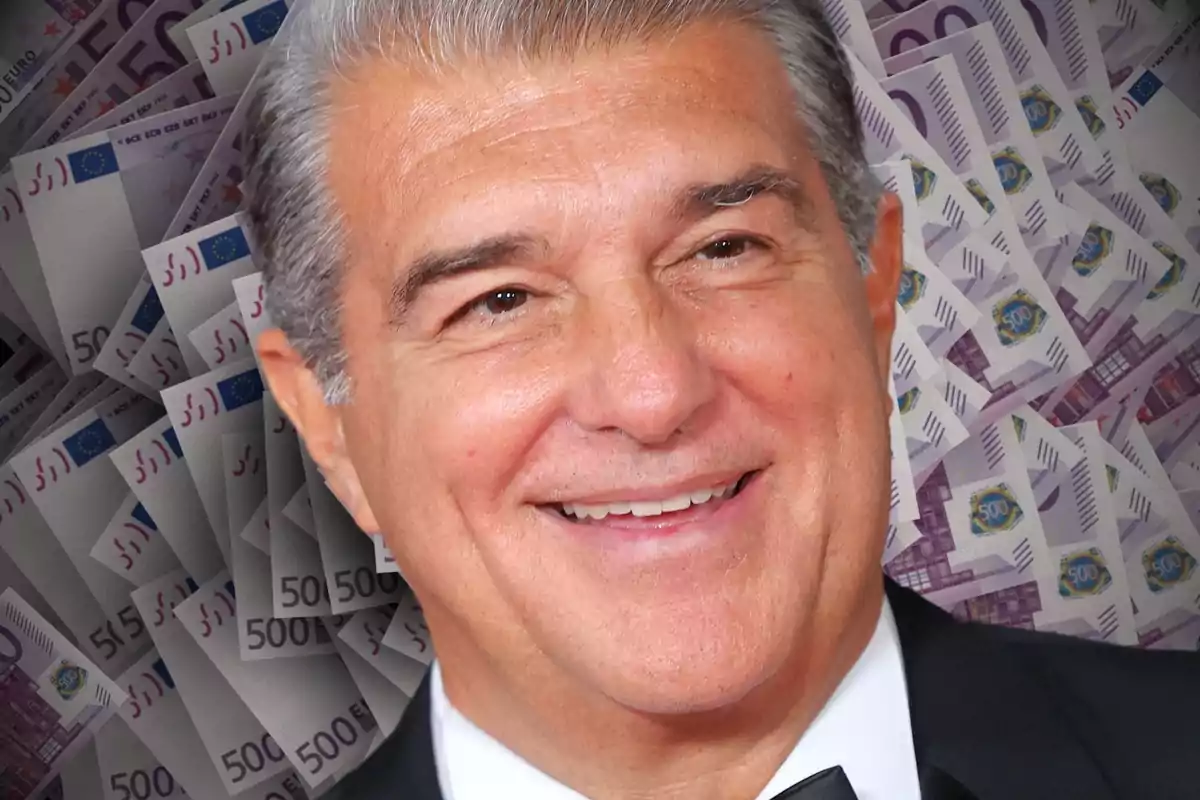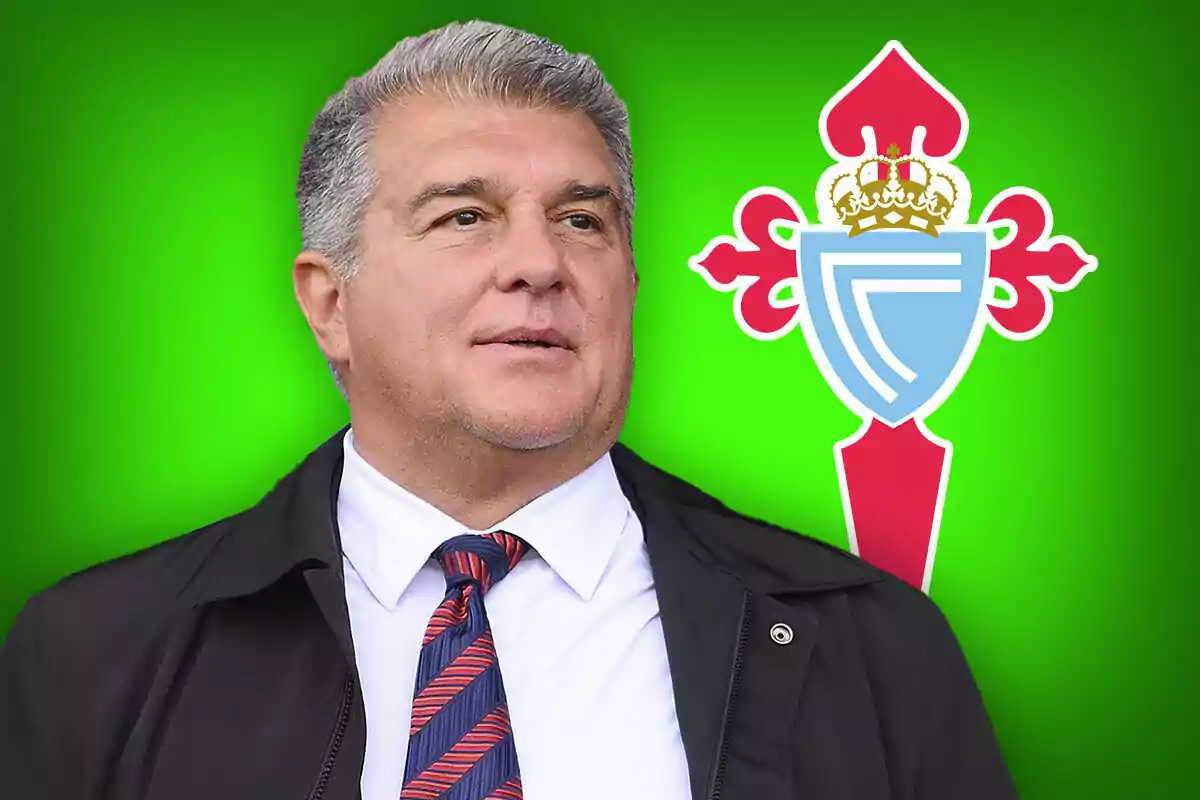Barcelona is cashing in again with a player who currently plays for Club Brugge. The forward will be transferred for an amount close to €7 million. Although Barça hasn't counted on him since 2022, it kept a 10% share of the capital gain from his sale to Brugge.
At the time, Brugge paid €5 million for the striker. Now, with the sale to Celta, Barça will receive about €200,000, without lifting a finger. It's a modest amount, yes, but important in a tight economic context. Laporta and its board continue to exploit these "mini levers" to improve the club's finances.

Laporta and the silent income strategy
Joan Laporta has found a recurring source of income in this type of clause. These aren't major sales or spectacular announcements, but rather well-thought-out operations. Barça has achieved recent profits from players like Todibo, Ilaix Moriba, Ludovit Reis, or Collado, all with similar clauses.
These figures don't save a season, but they add up to millions by the end of the year. In a situation where every euro counts, taking advantage of former players' performance has become part of the club's strategy. The formula is simple: if they can't sell their own players now, they profit from those who've already left.
Jutglà's return to LaLiga
After three good seasons in Belgium, Ferran Jutglà wants to return home. At Brugge, he has played 148 matches, scored 40 goals, and provided 24 assists.
It's a remarkable performance that has attracted the interest of several LaLiga clubs. Girona seemed best positioned, but in the end, Celta de Vigo will complete the signing.
Jutglà has a contract until 2026, but he had already expressed his desire to return to Spain. Meanwhile, the Belgian club saw a sale that would bring it profits in a positive light. Celta gains a forward with goalscoring ability and experience, while Barça earns money without taking risks.
Youth academy that keeps bearing fruit
Although Ferran Jutglà didn't manage to establish himself in the first team, his time with Barça B was spectacular: 19 goals in 32 matches. With Xavi, he played 9 games and scored 2 goals, but competition closed the doors for him. His departure was a logical decision and, in hindsight, also profitable.
These kinds of cases reaffirm the quality of La Masia, but also the importance of negotiating exits well. Every young player who leaves keeps the door open to future profits. In this case, Jutglà not only returns to Spain to keep growing, but also helps the club where he was born.
Laporta knows it: any resource, no matter how small it may seem, can be a valuable lever.

